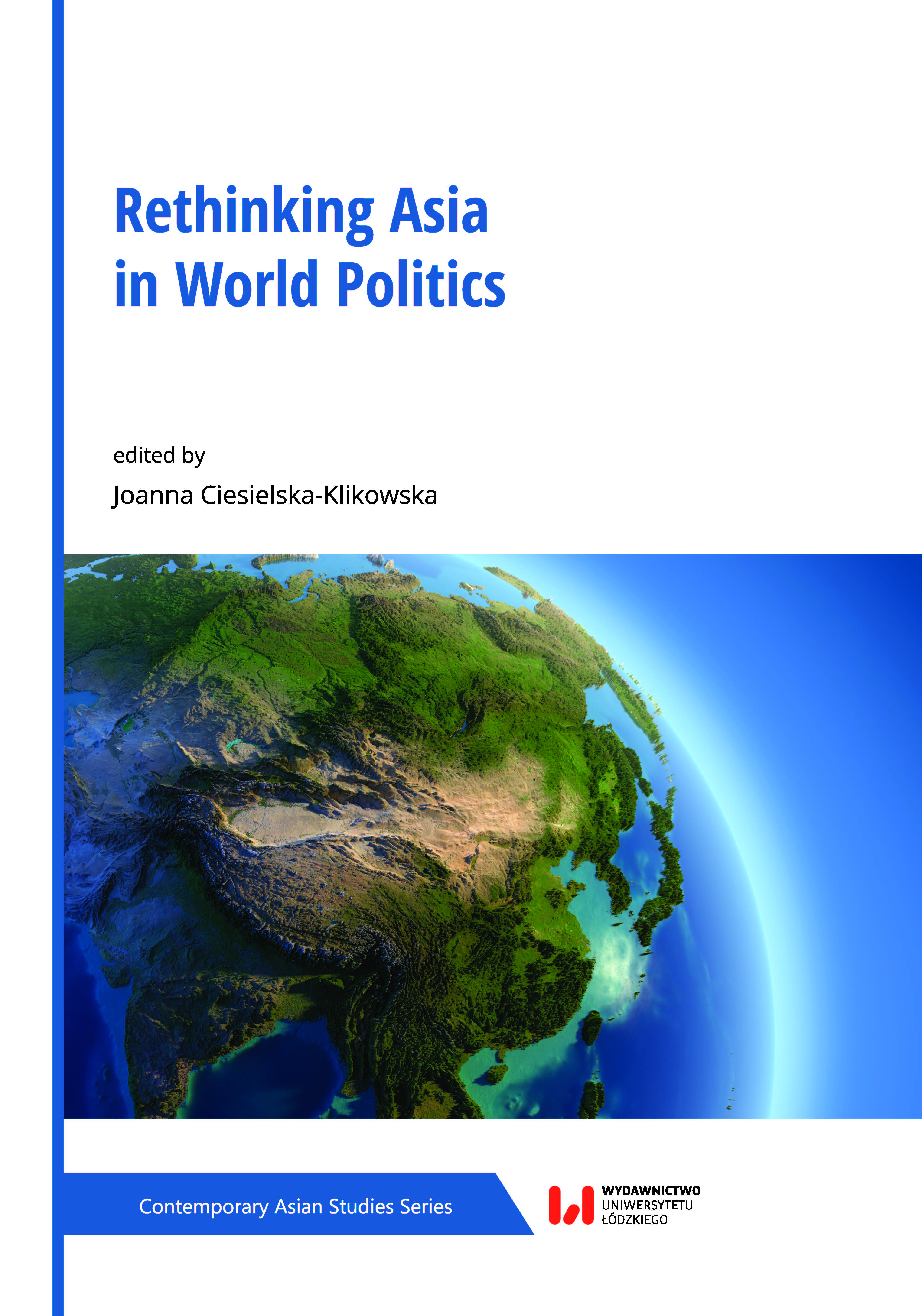Overlapping Regionalism in East Asia: A Critical Review on Mega-Free Trade Agreements
Overlapping Regionalism in East Asia: A Critical Review on Mega-Free Trade Agreements
Author(s): Burcu Ermeydan
Subject(s): Politics / Political Sciences, Politics, Political Sciences
Published by: Wydawnictwo Uniwersytetu Łódzkiego
Keywords: Overlapping Regionalism; East Asia; Mega-FTAs; RCEP; CPTPP; IPEF
Summary/Abstract: Despite the existence of region-wide economic networks and the proliferation of regional cooperation processes in the 1990s and 2000s, East Asia is still one of the under-institutionalized regions in the world. In the absence of a single regional organization covering all regional states, the region is fragmented among regional organizations/groups, most of which geographically overlap due to multi-membership. In the literature on regionalism, this phenomenon has been recently conceptualized as “overlapping regionalism,” which has been observed worldwide. Indeed, East Asia constitutes a special example of overlapping regionalism with its current regional setting because of the high number of overlaps under regional organizations, initiatives, and agreements. Yet, the region has not been extensively examined in the emerging literature on overlapping regionalism. This paper aims to discuss overlapping regionalism in East Asia and its effects. It asks two central questions: why do regional states implement regional initiatives that geographically overlap, and how do overlapping regional initiatives affect regional states’ positions in the current setting of regional architecture in East Asia and vice versa? In order to answer these questions, it first proposes an analytical framework to examine overlapping regionalism. Later, it focuses on selected geographically overlapping free trade agreements like Trans-Pacific Partnership (TPP), Regional Comprehensive Economic Partnership (RCEP), Comprehensive and Progressive Agreement for Trans-Pacific Partnership (CPTPP), and Indo-Pacific Economic Framework (IPEF). It evaluates political and economic factors and determinants of the emergence of these overlapping regional initiatives within the East Asian context. East Asia constitutes a distinctive example in termsof overlapping regional initiatives. It argues that rivalry among the big powers of the region, hedging strategies of middle and small powers, and the looselyinstitutionalized structure of the regional governance are the primary reasons behind their emergence.
Book: Rethinking Asia in World Politics
- Page Range: 149-166
- Page Count: 18
- Publication Year: 2023
- Language: English
- Content File-PDF

